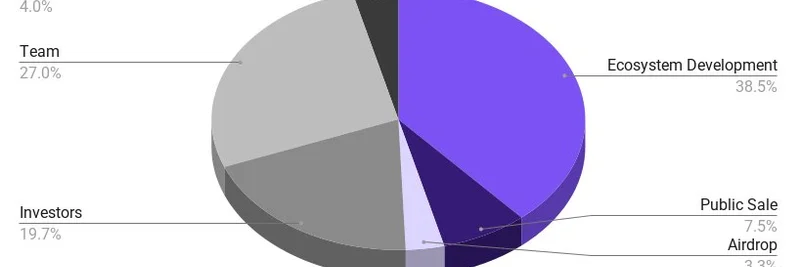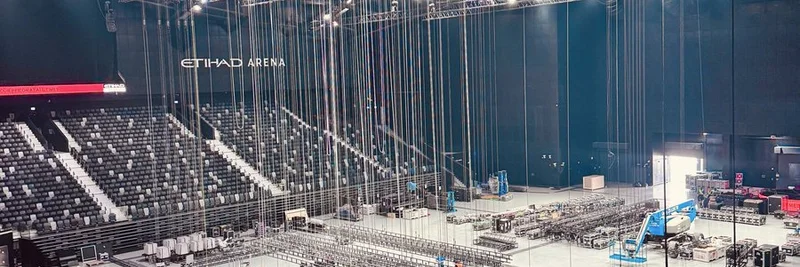In the fast-paced world of blockchain, where meme tokens like Dogecoin and newer contenders rise and fall in the blink of an eye, security and fairness in trading are paramount. A recent 인용 트윗 from Anthony Caravello, a key figure at Shutter Network, highlights a crucial step toward achieving that: encrypting Ethereum's mempool to prevent front-running and sandwich attacks. This idea builds on Vitalik Buterin's vision for "low-risk DeFi," which he compares to how search became Google's powerhouse product.
What Is Low-Risk DeFi and Why Does It Matter for Meme Tokens?
DeFi, short for decentralized finance, lets users trade, lend, and borrow crypto assets without traditional banks. But it's not without risks—especially for meme token traders who often jump into volatile pools on platforms like Uniswap. Vitalik's 최근 블로그 글 argues that making DeFi "low-risk" could supercharge Ethereum's ecosystem, much like search did for Google. Low-risk DeFi means everyday users can participate without fearing exploits or unfair practices.
For meme tokens, which thrive on community hype and quick trades, this is huge. These tokens often see massive price swings, attracting opportunistic bots that exploit vulnerabilities. Enter front-running and sandwich attacks—two common tactics that can drain profits from honest traders.
Breaking Down Front-Running and Sandwich Attacks
Imagine you're about to buy a hot new meme token. You submit your transaction to Ethereum's mempool, which is like a waiting room for unconfirmed transactions. Front-running happens when someone spots your trade, jumps ahead by paying higher gas fees, and buys the token first, driving up the price before your order executes. You end up paying more.
Sandwich attacks are even sneakier: an attacker places a buy order before yours (front-running) and a sell order right after, profiting from the price spike they created at your expense. These maximum extractable value (MEV) exploits are rampant in DeFi, costing users millions and eroding trust—especially in the meme token space where small retail investors dominate.
Caravello's tweet emphasizes that true low-risk DeFi requires "protocol-level protection" against these issues. Encrypting the mempool would hide transaction details until they're confirmed, making it impossible for attackers to snoop and manipulate.
How Mempool Encryption Could Transform Meme Token Ecosystems
Encrypting the mempool isn't a new idea, but it's gaining traction as Ethereum evolves. Projects like Shutter Network, where Caravello works, are already pioneering solutions to combat MEV. By making transactions private until inclusion in a block, this approach levels the playing field.
For meme token creators and traders:
- Fairer Launches: New meme tokens often face bot sniping during fair launches. Encryption could ensure everyone has an equal shot.
- Reduced Slippage: In high-volatility trades, you'd avoid unexpected price hikes from sandwiches, preserving your gains.
- Boosted Adoption: Safer DeFi means more newcomers dipping into meme tokens without fear, potentially sparking the next big rally.
This aligns perfectly with Ethereum's roadmap, including upgrades like Danksharding, which aim to make the network more efficient and secure.
The Broader Implications for Blockchain Practitioners
As someone who's covered crypto from the front lines at CoinDesk, I've seen how these technical tweaks can reshape markets. Meme tokens aren't just jokes—they're a gateway for many into blockchain. By addressing mempool vulnerabilities, Ethereum could attract institutional players wary of DeFi's wild west reputation.
If you're building or trading meme tokens, keep an eye on developments in mempool privacy. Tools like encrypted relays and threshold encryption are already in testing phases. In the meantime, use wallets with built-in protections or opt for layer-2 solutions that mitigate some MEV risks.
Vitalik's analogy rings true: just as search made the internet accessible, low-risk DeFi could make Ethereum the go-to for global finance. And for the meme community? It might just mean more moonshots without the crashes.



